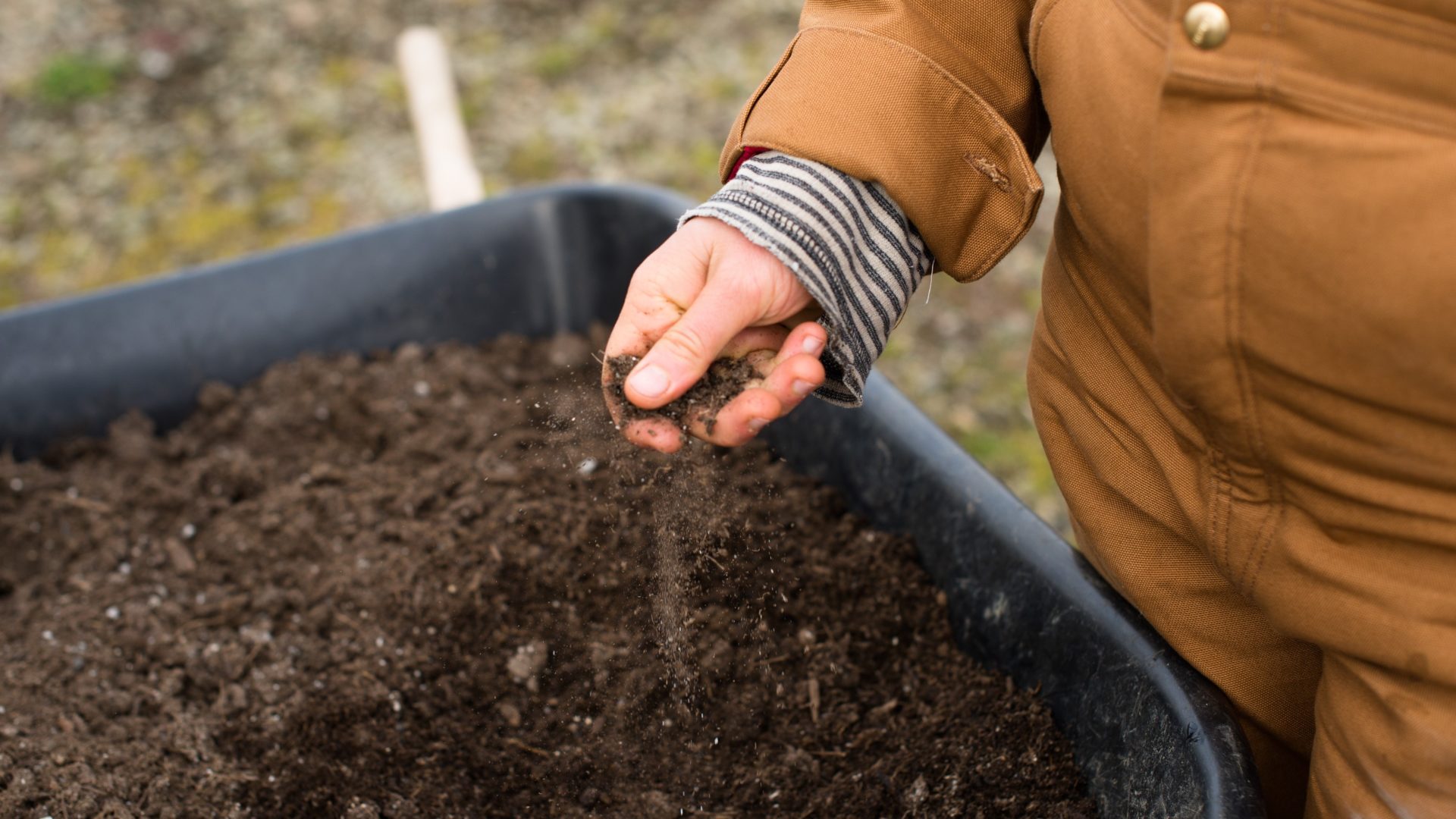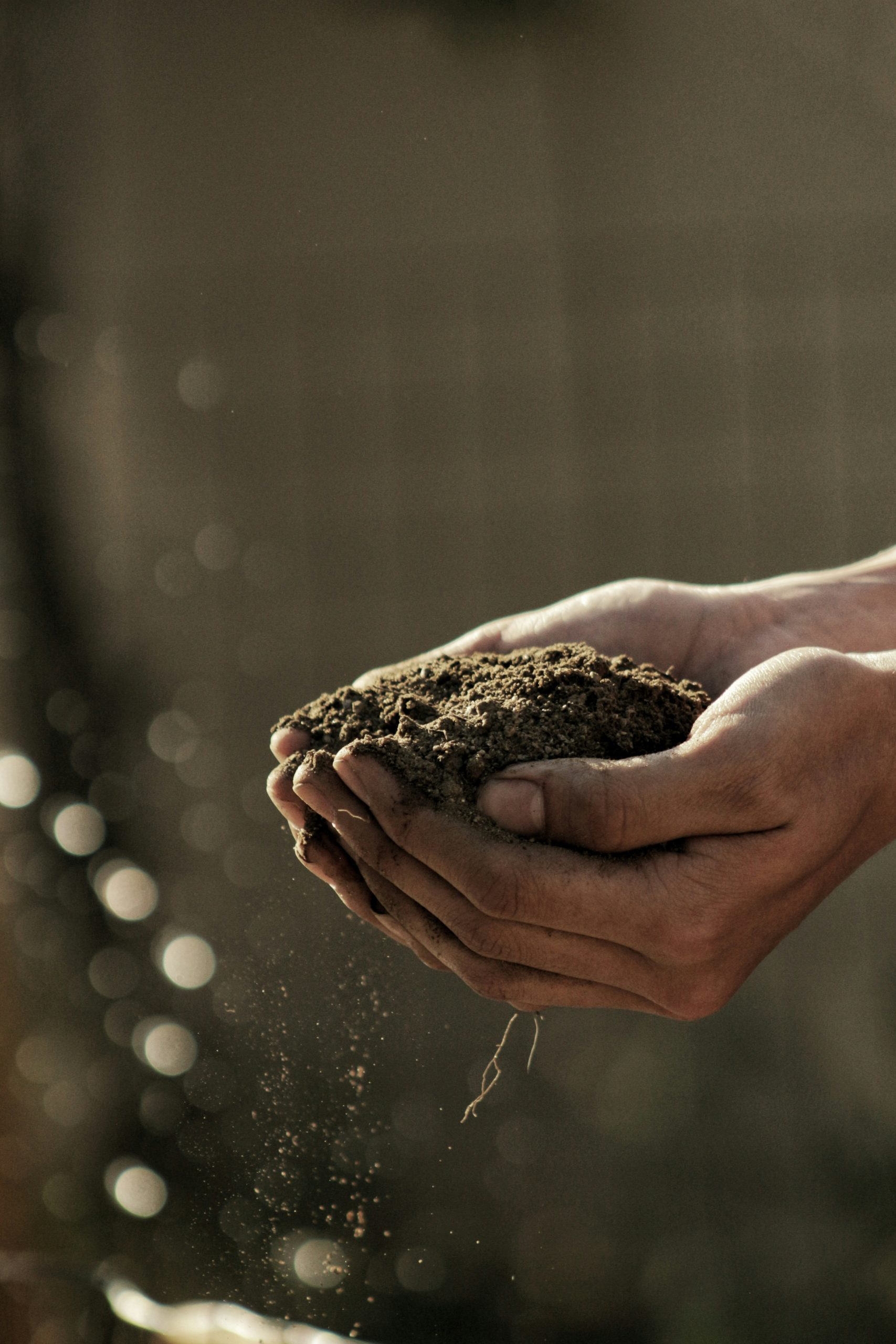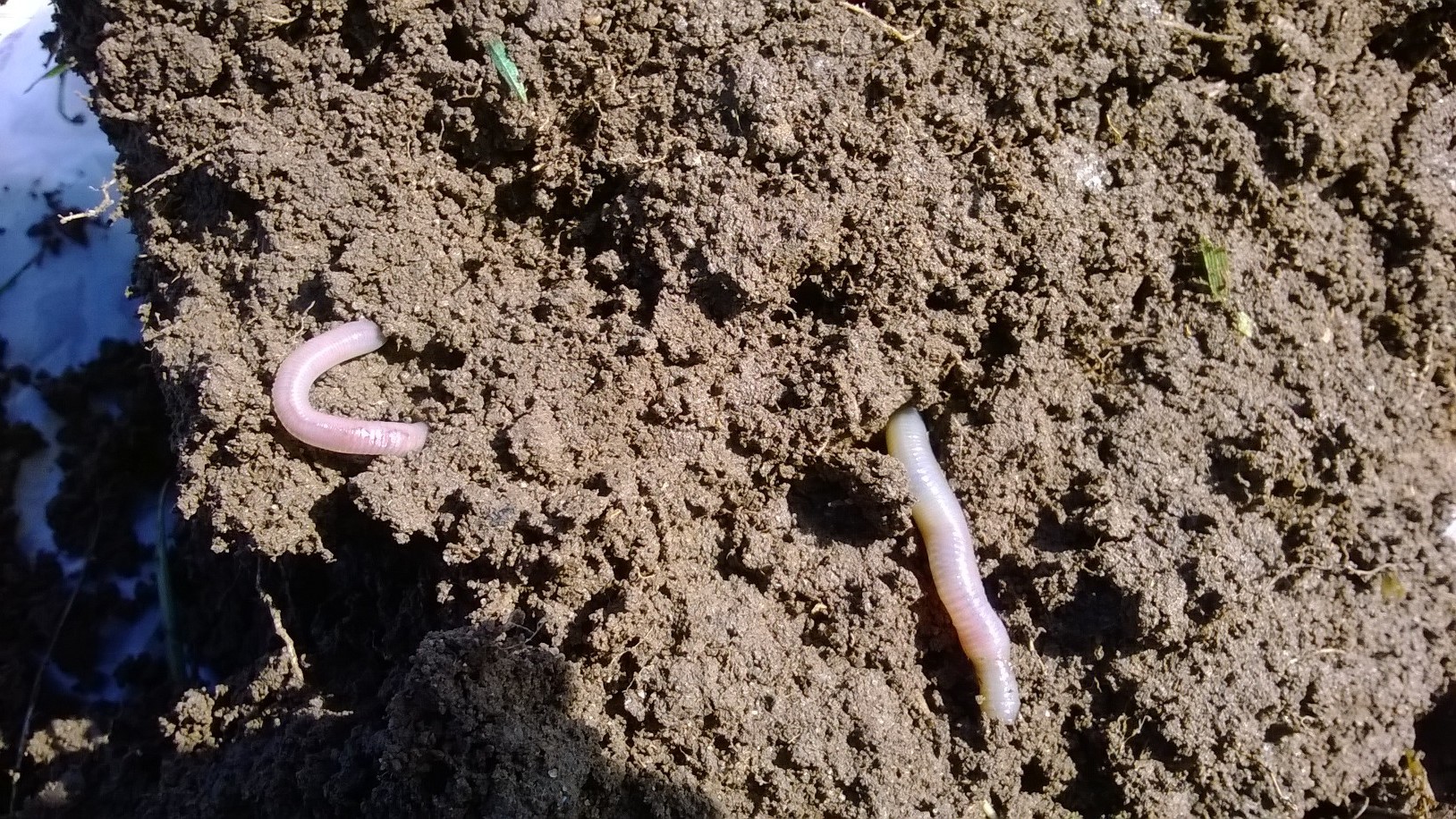Latest research from The James Hutton Institute suggests that hidden threats from the agricultural use of contaminated sewage sludge could be contributing to already diminished poor soil health.
Treated sewage sludge products (or biosolids) are the by-products of wastewater treatment and are commonly used in agriculture as a cost-effective source of nutrients and organic matter. Around 87% of the 3.6 million tonnes of sewage sludge produced in the UK is recycled to agricultural land. This sludge is not treated for many potentially hazardous contaminants that enter our wastewater system through personal or industrial activities, including microplastics, persistent organic chemicals and pharmaceuticals – allowing them a pathway to re-enter the environment.
The potential harmful effects of these unregulated contaminants on soils have been understudied in recent years.
Now, however, using the same scientific approach to that of a 2018 report that looked at the risks posed by biosolids to human health; a reassessment of the risks to soil health has been conducted by the Hutton. It found that a broad range of contaminants in sewage sludge could be harming the UK’s soil ecosystems and the wider environment.
Professor Rupert Hough, author of the report said:
“Using the most recent available data and research, this new assessment builds on existing and growing scientific evidence around the risks that contaminated sewage sludge poses to the environment.
“Impacts on soil biota, when directly exposed to contaminants are more acute compared to impacts on humans exposed via the food chain. Further research into the long-term fate of unregulated contaminants in agricultural soils and measures to limit their release into the environment is needed.”
Dr Joanna Cloy, Senior Project Manager at the environmental charity Fidra that commissioned this research, said of the findings:
“Application of biosolids to soils introduces a complex chemical mixture of contaminates and the detrimental nature of many of these contaminants means that we need a precautionary approach to protect the future health of UK soils. If we wish to support a clean and safe circular economy, then the quality of these resources must be improved prior to their recycling to agricultural land.
“Policy makers at the local and national levels need to enforce a more robust regulatory framework for handling well known and emerging unregulated contaminants such as the microplastics and PFAS (forever chemicals)”.





